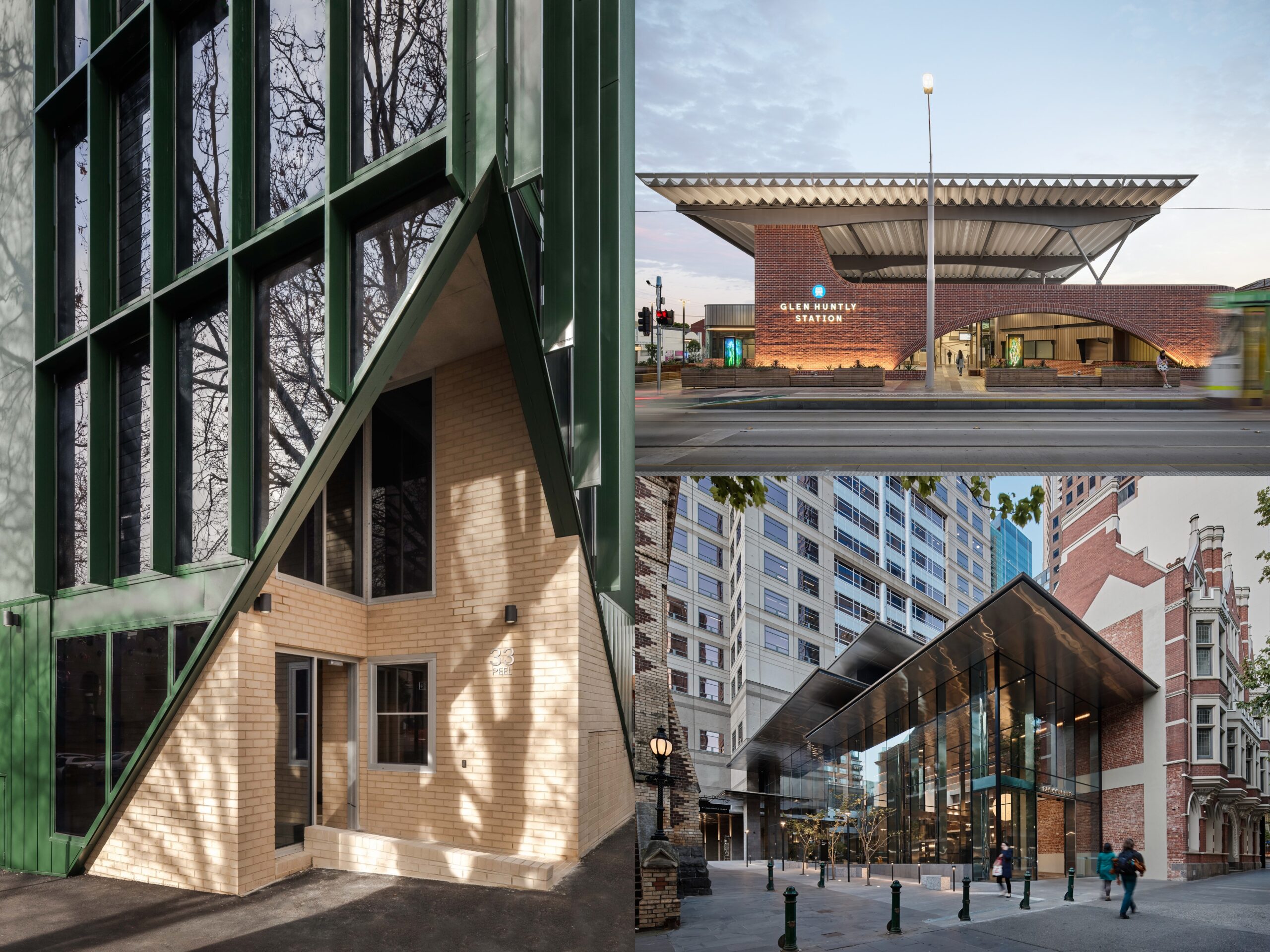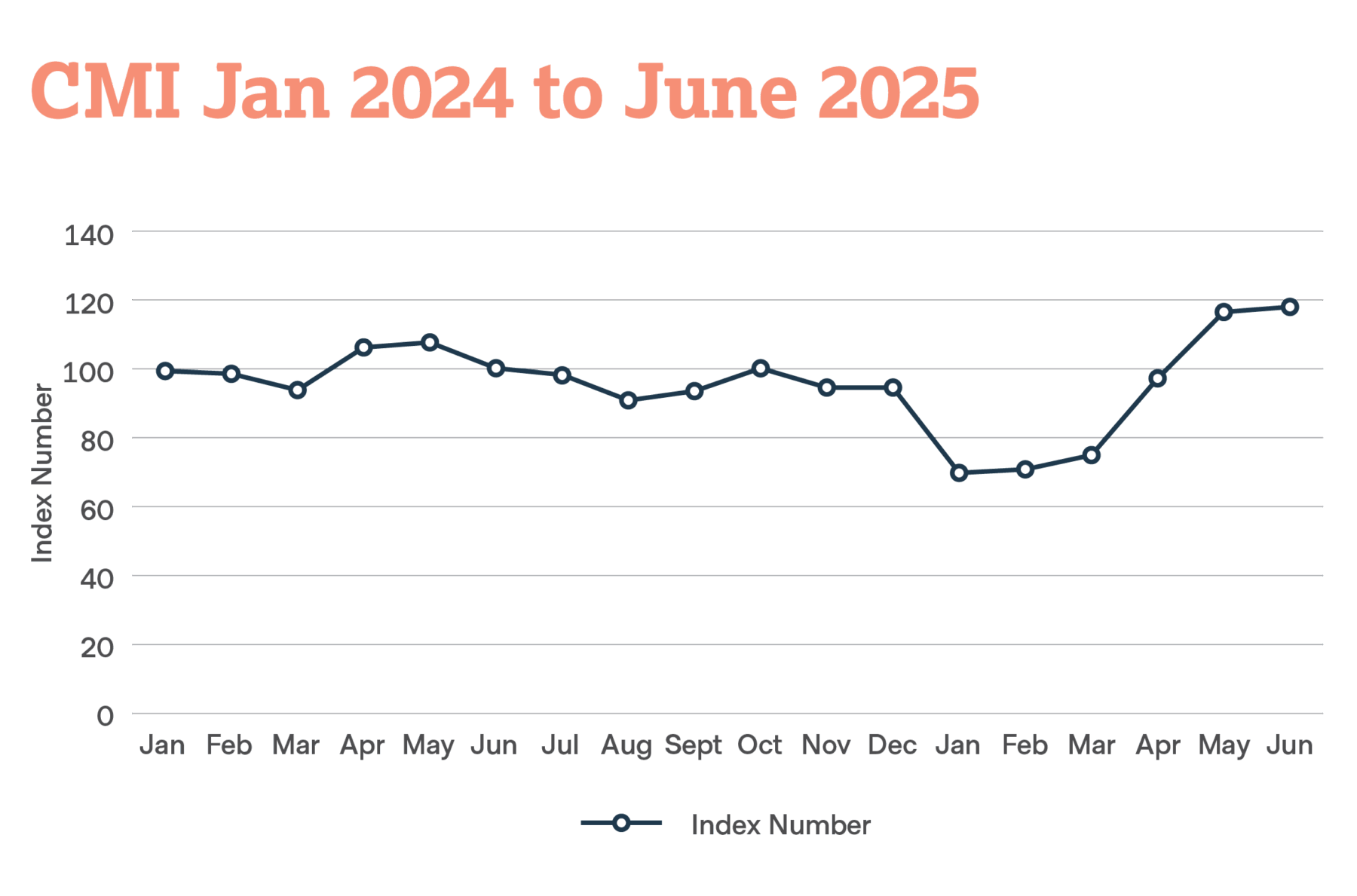You’ve heard it said that if you “fail to plan you’ll plan to fail”. Planning is intended to be a process of focusing our minds and attention on achieving particular outcomes, yet sometimes the best laid plans come unstuck. Assessing sites for potential development is a challenging game. Planning controls can be confusing and can significantly alter the outcomes of any development project. Expert advice and a careful approach to site acquisition is critical. A great example of this is the recent changes to the planning controls in the Melbourne CBD where overnight (Sept 15), Council adopted new set backs and plot ratios across the city. Many developers were caught with proposed developments now facing the prospect of achieving half of their intended floor space. The AFR reported that the values of sites fell by up to 44%. (see AFR.) Developers who had acquired sites on the basis of the previous controls are now unlikely to be able to make the necessary profit margin on the project to justify the risks. Another example is emerging with the NSW Biodiversity legislation which is now on public exhibition and which will impact the planning and ultimate development of land in NSW. Planning applications and assessment processes are often subject to third party intervention and this can cause considerable timing delays to any potential project. So, whether its a CBD development or a greenfields development, the risks of not getting the desired outcome in a proposed development are significant and shouldn’t be overlooked. It is therefore imperative that purchasers of development sites either pay the fair price for a current complying development (or lack thereof) or allow the vendor to bear the risk and share the reward of any better outcome. Despite the strength of the argument or the existence of precedents, the financial impact of getting it wrong can be extensive as evidenced in the Melbourne examples. #realestate #planning



